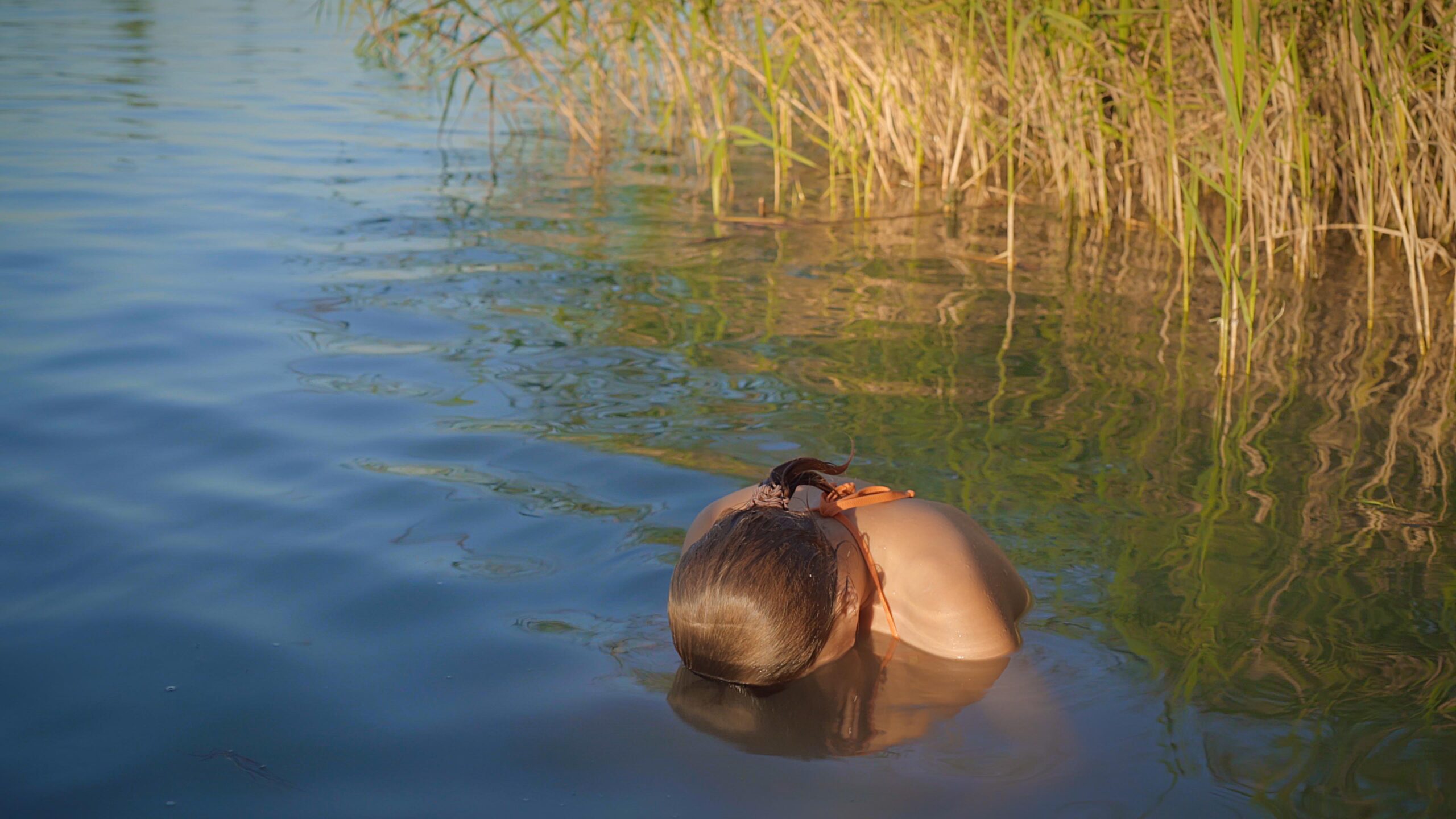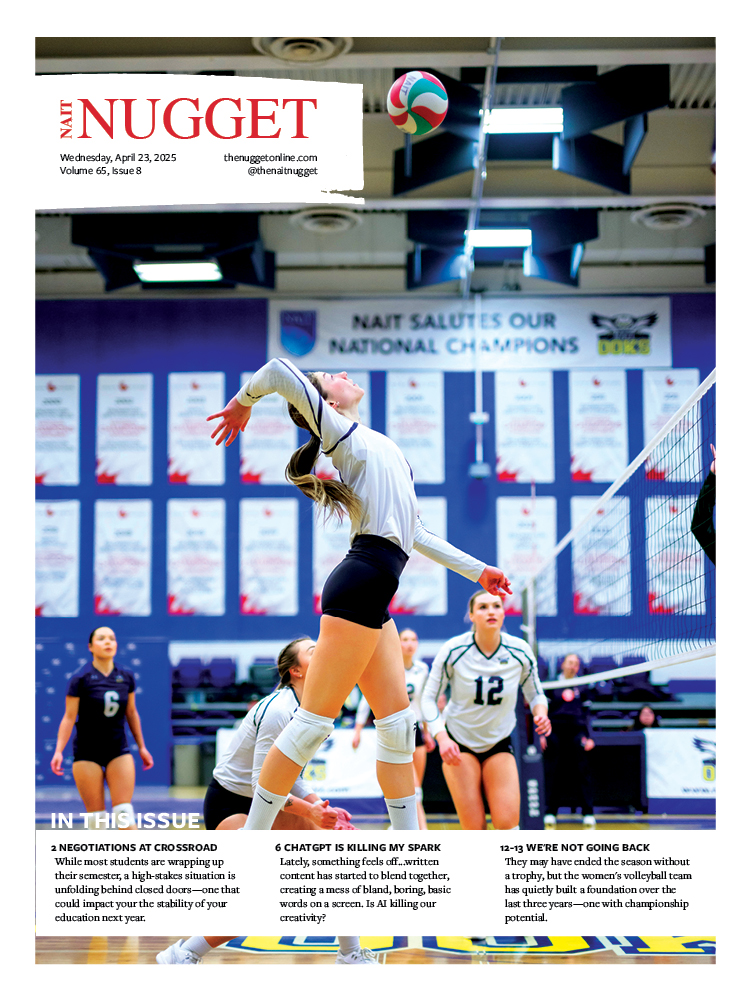By A.Jade Munsie
Oksana Karpovych is a Ukrainian-Canadian film director born in Kyiv who came to Canada to pursue documentary filmmaking at Concordia University in Montreal. Her first feature-length film, a documentary, “Don’t Worry the Doors Will Open,” speaks volumes about Ukrainian society when Ukrainian voices are trying to be stifled by acts of an oppressive regime.
“It only becomes more and more important. The things that my subjects talk about in the film, the ideas they express, their reflections on Ukraine and our history are still very important and timeless,” said Karpovych.
What initially began as a film about train vendors turned into a timely, relevant reveal of the modern-day Ukrainian commuter. 2019’s “Don’t Worry the Doors Will Open” follows people on the local elektrychka, old soviet commuter trains, travelling to and from Kyiv, stopping at smaller towns.
“I used to take the train when I was a kid with my family. So I always like these vendors, and I thought that it would be fun to make a film about them because they seem to be very interesting and very intense people,” said Karpovych.
However, the documentary took a new angle on the form of a society through its struggles and life.
“The subjects are ordinary working-class people, people you don’t see on screen that often. You don’t hear their stories. And from that perspective, from the angle that we took when we were working on the film, which is very humanist, we always wanted to be an equal with the people, the way we talk to them, the way we filmed them. We really wanted to give them the ground for them to speak for themselves, and we listened carefully,” said Karpovych.
While the film came together over four years, with all that’s going on and the country’s present state, the subject’s comments and ideals are profound and initiate a broader scope of life in Ukraine.
“I wanted to show something that is very underrepresented because I always followed for my whole life, and especially when I was living abroad, that people don’t know about Ukraine. They only have these stereotypes in mind, and they don’t understand what is Ukraine and how beautiful it is, how complex it is, like what are the actual everyday struggles of our people,” said Karpovych.
“In the end, we have this crazy collage of all types of people, old and young and ex-prisoners, vendors, workers. It’s a dream. I think that right now, it’s really, really this variety of all types of people shows the variety of our society. But it always stays in the limits of the working class.”
The situation in Ukraine has left many people stranded, lost, and questioning what’s to come and what will happen next. Ukrainian communities worldwide are bracing for loved ones, relatives and friends who remain in the country or have fled to neighbouring countries for safety. This film is a learned example of just who these people are.
“I’m very proud of what I did. When you’re making a work like this, you are so much inside of it, and when you spend so much time on it, you don’t really realize what you are actually making and what will be its value in the future. But then, now from a distance, I can see that we made something that is important, that says something important,” said Karpovych.






